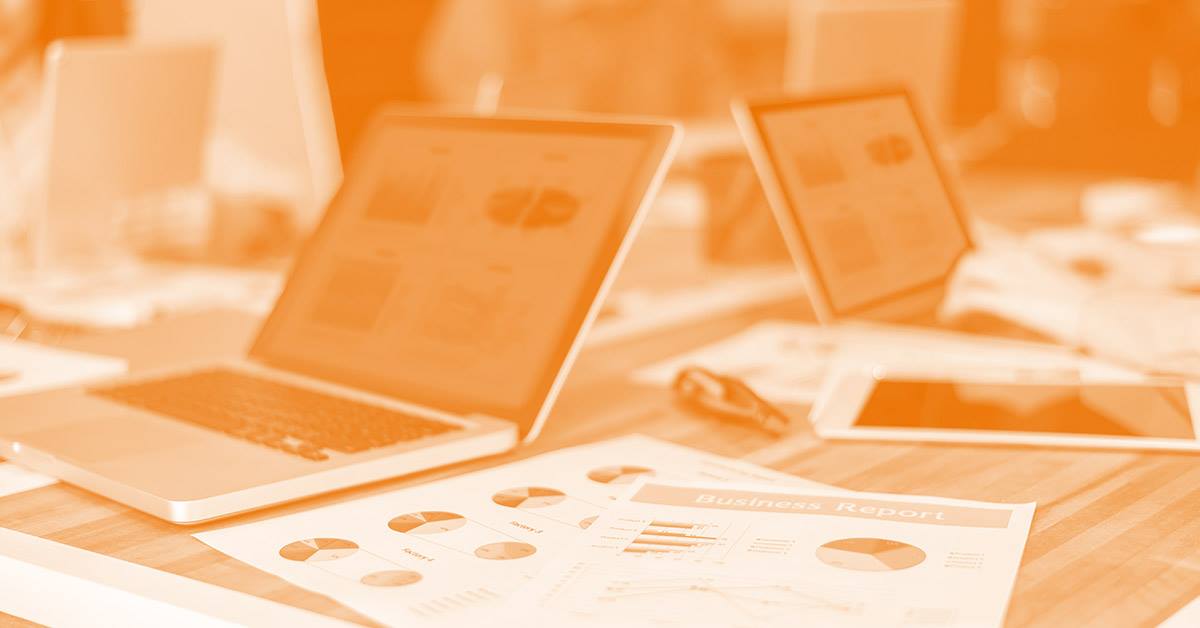Taking medication is a typical everyday occurrence for many individuals. However, there are numerous aspects to consider to avoid its negative effects. Medical conditions, age, sex, weight, drug dosage, vitamins, herbal supplements, and other medications can influence the potency of any medicine you take.
There are numerous things to avoid when taking prescriptions, particularly when taking medicines long-term. Note that many things like food, sun exposure, water, stress, other drugs, exercise, and many more can negatively affect your body when you are on medication.
Taking medication without water
We can’t deny that prescription medicine is generally good for our health and easy to intake. However, countless individuals have a terrible habit of straight-up swallowing medication without the help of any fluids like water.
Directly swallowing pills is not ideal for two reasons:
- If you swallow pills without water, they will not dissolve easily. The whole tablet could go through your body without digesting it since the drug did not properly dissolve. In uncommon cases, patients excrete the entire pill through the feces. An undigested pill means that your body did not absorb the medication’s benefits.
- When you take some non-steroidal, anti-inflammatory medicines such as ibuprofen with insufficient water, it can trigger the hydrochloric acid in the digestive fluid and harm your stomach. The interaction between the drug and the acid can then cause stomach ulcers.
Typically, you need to drink a full glass of water with the prescriptions. Ensure the water is at room temperature and avoid excessively hot or cold water. If you are unsure, consult your doctor on the correct amount of water you need to take with the medicine.
Long-term exposure to the sun
In case you’re making get-away plans to head off to someplace sunny and warm, it’s crucial to understand beforehand that some medications can lead to sudden issues. You may be unaware, but some medicines can cause photosensitivity. Photosensitivity is an unusually high affectability to ultraviolet (UV) beams from the sun.
Thus, your skin is more vulnerable to heat or direct sunlight, making it easier for you to get sunburns. It is typically not a mild burn, either. You may wind up with a more painful burn from the sun than usual — even short exposure could lead to a severe sunburn. On the off chance that the drug you’re taking has a warning label to avoid heat or sunlight or lists photosensitivity as a potential side effect, don’t overlook it.
Lying down right after taking medication
Try not to lie down instantly after taking a tablet. If you will lie down immediately, there is a possibility that the medication might get stuck inside the inner parts of your throat.
If the pill does get stuck, the capsule could break into pieces before arriving at the stomach. The situation may also worsen if the tiny bits of medication wind up harming the inner parts of your throat. Stay in a standing position for at least a minute during and after taking a pill.
Taking different drugs simultaneously.
Mixing two medications can create an interaction wherein one drug influences the cytochrome compound that processes the other. Two medications taken for different reasons may lead to severe complications, causing problems like an overdose.
A typical example of two drugs interacting is when you take pain relievers with blood thinners. Since pain relievers likewise possess anti-clotting properties, combining them with blood thinner can bring about severe bleeding.
Eating certain foods that cause food-drug interactions
When a health issue occurs after consuming certain foods while taking medication, you experience a food-drug interaction. Food can keep drugs from working correctly and can make medicinal effects worse or better.
Food-drug interactions can also lead to other adverse side effects. Medications can likewise change how the body processes food. There is an assortment of food-drug interactions that can happen. However, here is a small rundown of foods you shouldn’t consume while taking medication:
- Grapefruit can influence calcium channel blockers’ effect and stop your body’s drug-metabolizing enzymes. Drinking a ton of grapefruit juice while taking medication may lead to the accumulation of the drug in your system, leading to serious health complications.
- Bananas are generally suitable for our body. However, if you eat many bananas while taking an angiotensin-converting enzyme (ACE) inhibitor such as captopril lisinopril, your body can end up with too much potassium. Too much potassium build-up can cause severe issues with your heart’s rhythm.
- Licorice is generally a harmless snack. However, if you are taking medication for abnormal heart rhythms or congestive heart failure, a few types of licorice may heighten the risk of Lanoxin (digoxin) toxicity. Licorice can also lessen the effects of urine-producing drugs and blood pressure medications.
- Drinking milk while taking some antibiotics can reduce the drug’s effects. Calcium can mess with the benefits of some antibiotics. Thus, it is not a good idea to eat foods high in calcium, such as cheese, milk, or yogurt, while taking antibiotics. You should also avoid other supplements or vitamins containing calcium for a couple of hours before and after drinking antibiotics.
Above are only some of the most common food-drug interactions that may occur when you’re taking medication. The point is, you need to be careful about what you consume when you are taking prescription drugs. Make it a habit to ask your doctor beforehand what you mustn’t eat before and after taking your meds.
In Summary
It is vital to educate yourself on what you should avoid when taking medication. You need to look out for a lot of stuff, especially when taking meds long-term. Fortunately, most drugs have warning labels on them, which states what you need to avoid and more. Moreover, pharmacists and doctors are always available if you have any questions.


:quality(80)/cdn-kiosk-api.telegraaf.nl/1dff3fae-8ca3-11eb-8ade-0255c322e81b.jpg)